Parenting is one of the most challenging yet rewarding experiences in life. While all parents want the best for their children. There are some common parenting mistakes that you must avoid so that you can raise happy children with grace and intention.
Let’s uncover each of them along with some parenting advice to follow.
1. Active listening shows that you care
One of the most crucial aspects of parenting is listening to your children. It can be tough to balance all the demands of parenting. But when you don’t listen to your kids, you risk missing out on important insights into their thoughts, feelings, and experiences which can lead to communication gaps.
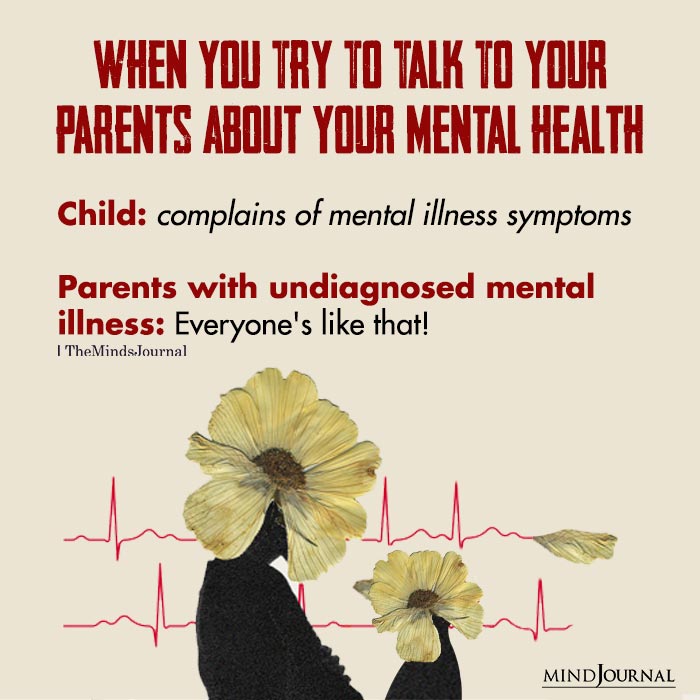
What can you do to help your child understand the reason behind your rules?
Just by explaining to them why certain behaviors are unacceptable or why certain rules exist. For instance, instead of simply saying “no” you can say, “ you can’t stay up late”. You could explain the reason why staying up late is bad for them.
2. Too much emphasis on achievements
It’s natural to want your children to succeed in life, but one of the worst parenting mistakes that you could do is to overemphasize accomplishments. This way you will be doing more harm.
Pushing them to excel in academics, sports, arts or other areas can create a lot of stress for them, and it can even lead to fear of failure in the future. You can praise them for their effort, hard work, and problem-solving skills.
Related – What You Can Do To Help When Mistakes Upset Your Kids
What other ways can you show your child that you appreciate their efforts?
Well, one great way is by actively engaging with them and asking about their interests and hobbies. Additionally, try to provide specific feedback about what they did and what they could improve on, rather than just giving them blank praise.
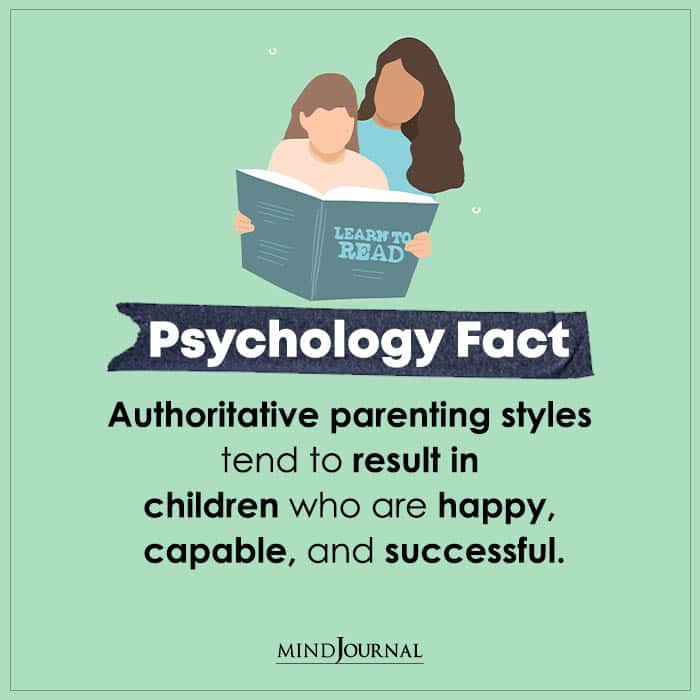
3. Invalidating their emotions
It’s often said that parents hold the key to their child’s emotional well-being. But what happens when the parents occasionally upset their child, by constantly ignoring or dismissing their feelings?
Dismissing a child’s emotions may seem like a small act, but it can have long-lasting effects on their mental health. We tend to dismiss our children’s emotions as silly or unimportant.
When you tell them to “stop being dramatic” or “calm down”, without taking the time to understand what they’re feeling, you’re sending a message that their emotions don’t matter. Unfortunately, this can lead to serious emotional damage in the future.
4. You punish them for every mistake
Many parents resort to punishment when their children misbehave or make a mistake. While it may seem like a quick fix to correct misbehavior, it can create a cycle of fear and mistrust between you and your child.
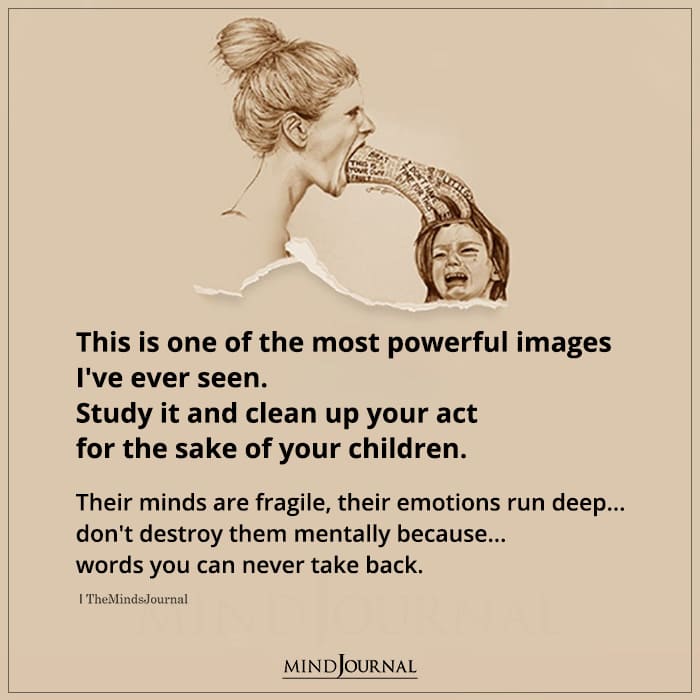
When you punish your kid you’re focusing on what they did wrong, rather than their underlying emotions or motivations. This can lead to feelings of shame and inadequacy, these things mess up your kid’s self-esteem.
Good parenting starts with open communication, positive reinforcement and empathy. These are important for the healthy emotional development of your child and crucial for creating a stronger relationship with you as well.
Related – The 4 Common Parenting Styles and Their Effects on Kids
5. Criticizing them for their appearance
One of the most common parenting mistakes is critiquing your child’s appearance whether intentionally or not, which can have a significant impact on their self-esteem and body image.
When you make negative comments or compare your child to their peers, it sends a message that physical appearance is more important than other aspects of their personality or character.
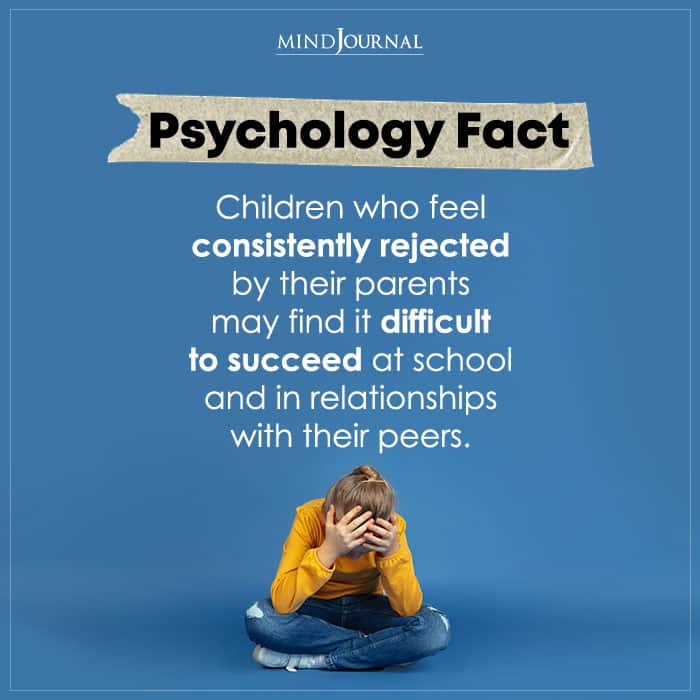
This can make them feel inadequate and lower their self-esteem. It’s important to address those concerns in a sensitive and supportive manner. Focus on your child’s unique strengths and encourage them to develop their talent and interests.
6. Being too overprotective
While it’s natural for parents to want to keep their children safe, constantly shielding them from every potential damage or difficulty can hinder their development. Being overprotective can affect the child’s ability to –
- Learn important life skills
- Build resilience
- Develop a sense of independence
Allow your child to take reasonable risks and learn from their mistakes. Your child needs clear boundaries and consequences for their actions to feel safe and secure. Without limits, they may not learn how to behave appropriately.
By gradually giving them freedom and responsibility as they grow older, you can help them develop the confidence and skills they need to thrive in the world.
The best advice about parenting is to cultivate a nurturing and supportive environment that allows your child to flourish as an individual, while also setting appropriate boundaries and avoiding these parenting mistakes.
Related – 10 Poor Parenting Habits That Can Affect Children Negatively


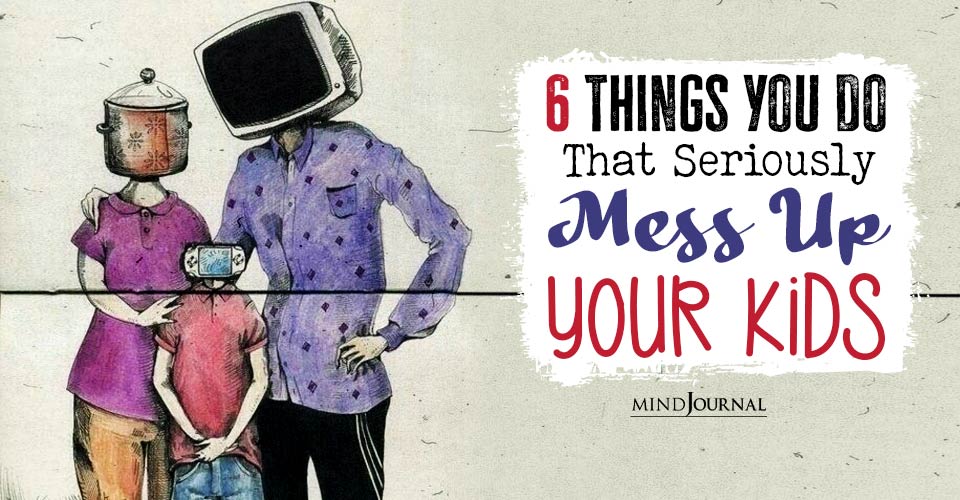




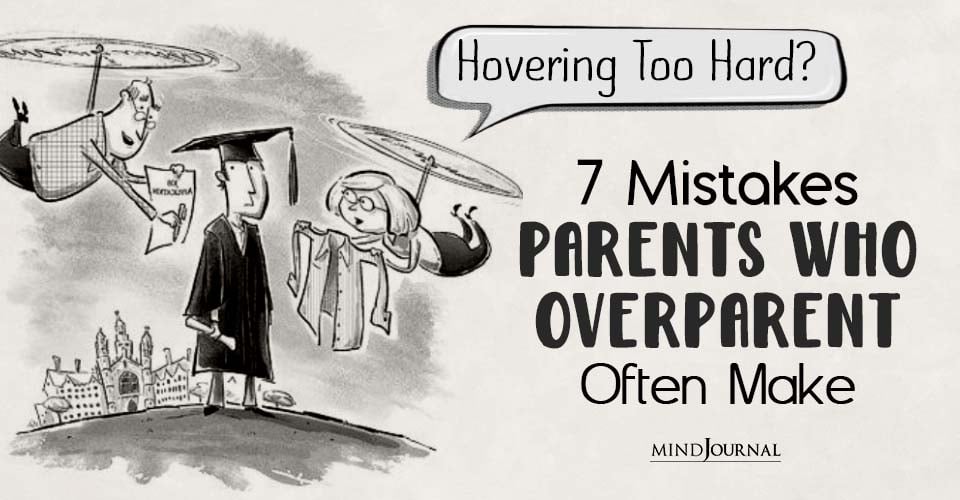


Leave a Reply